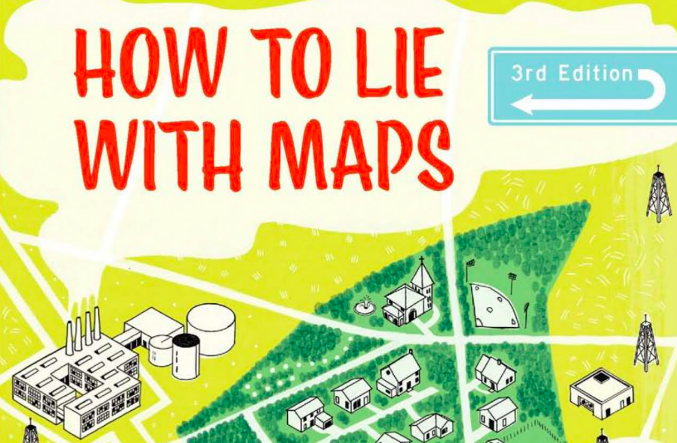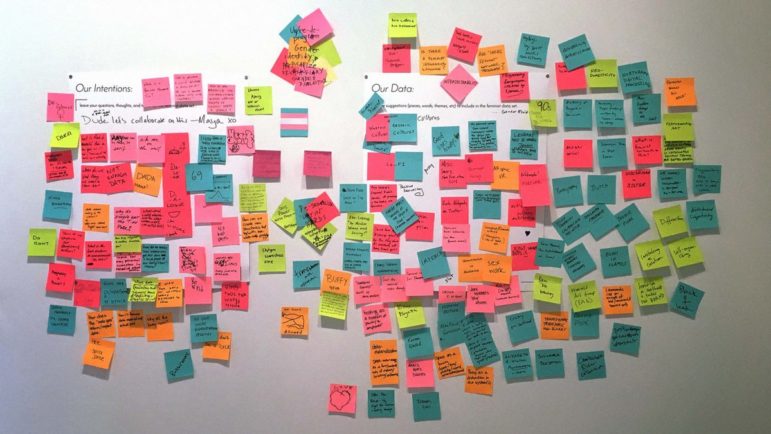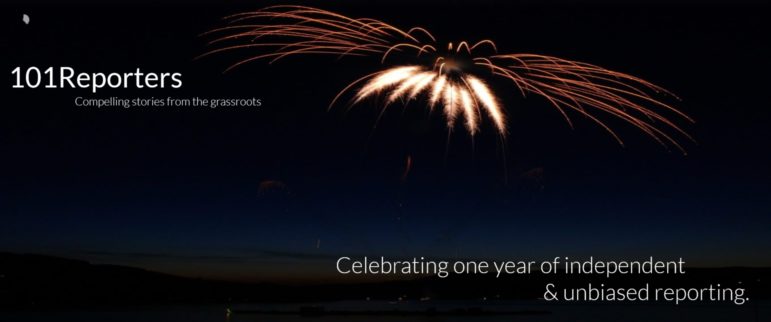
News & Analysis
Can Civil’s Blockchain Save Journalism?
With a $5 million funding budget, the new platform is dreamily promising a new “canvas on which journalists can paint the future of their industry.” But it isn’t clear how the blockchain-based technology will generate the cold hard cash needed to sustain the industry’s revenue-starved publications, writes Rowan Philp for GIJN.








